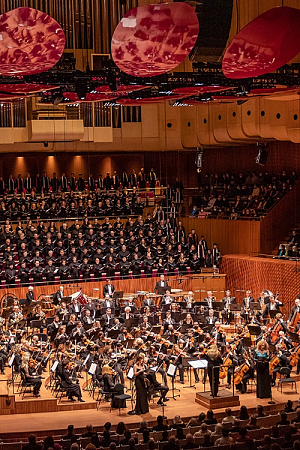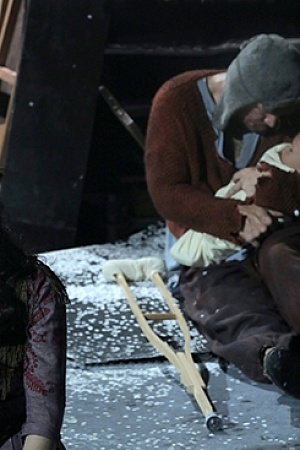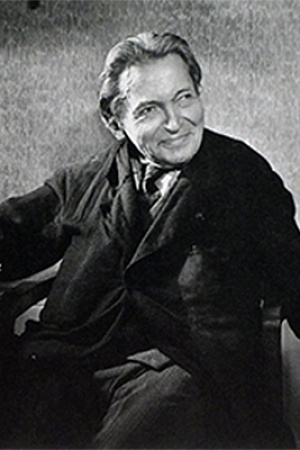Das Lied von der Erde and Schubert’s Unfinished Symphony (Melbourne Symphony Orchestra) ★★★★
Schubert’s most famous ‘unfinished’ work, the Eighth Symphony, is unconventional in a number of ways, its B minor key and the opening movement’s 3/4 pulse not least of them. Mahler’s grand Lied is a match in strangeness – setting, as it does, a miscellany of ancient, wry Chinese poetry to music that is supremely European, for all its oriental reference, and absolutely of its time – its tonal shifts signalling ‘Twentieth Century’ in music’s equivalent of neon.
So it was an inspired piece of MSO programming to pair the Symphony and the great Lied. Schubert is never going to be mere curtain raiser, and in the MSO’s splendid rendering on Thursday night, the Unfinished was an achieved whole, its melodies seamless and sublime, its great chordal progressions disturbing and challenging – as Schubert always is. In its characteristic alternations of profound and playful, sonorous and lyrical, it prepared the audience for the work to come. But it also lingered, like an indelible context.
Continue reading for only $10 per month. Subscribe and gain full access to Australian Book Review. Already a subscriber? Sign in. If you need assistance, feel free to contact us.











Leave a comment
If you are an ABR subscriber, you will need to sign in to post a comment.
If you have forgotten your sign in details, or if you receive an error message when trying to submit your comment, please email your comment (and the name of the article to which it relates) to ABR Comments. We will review your comment and, subject to approval, we will post it under your name.
Please note that all comments must be approved by ABR and comply with our Terms & Conditions.